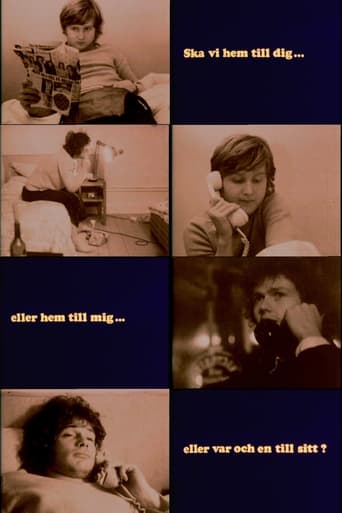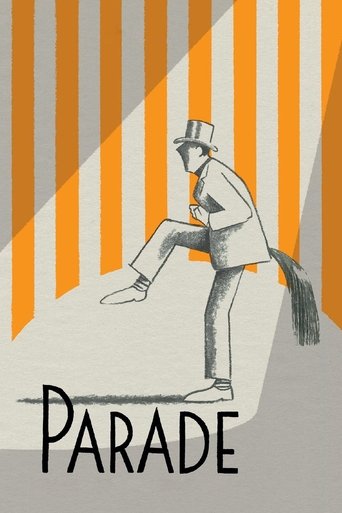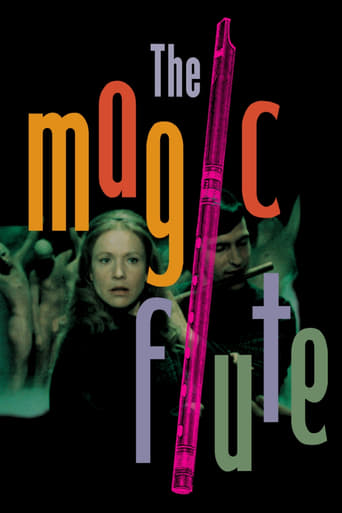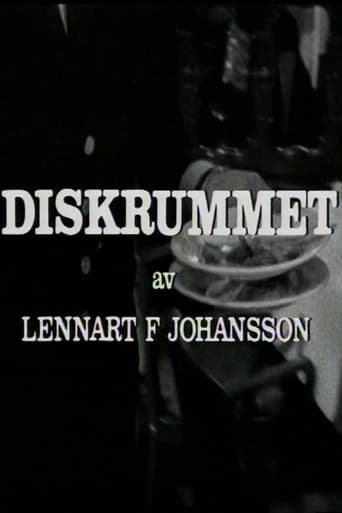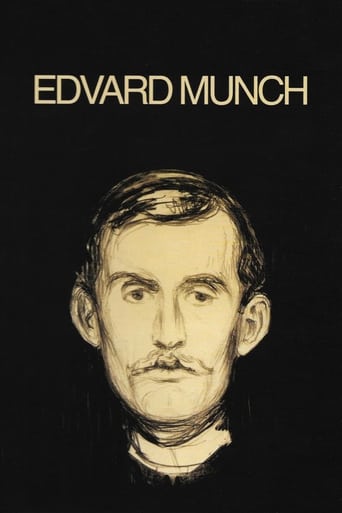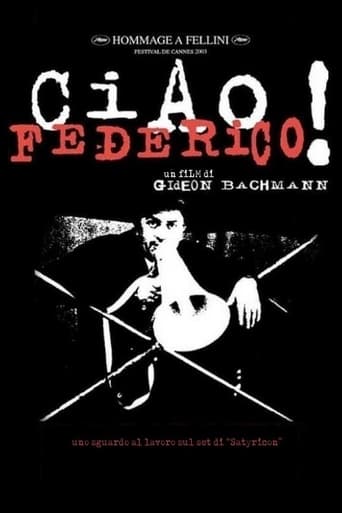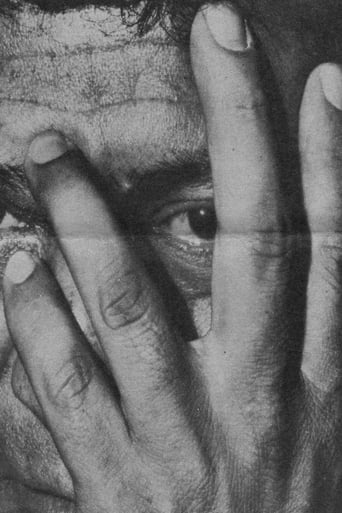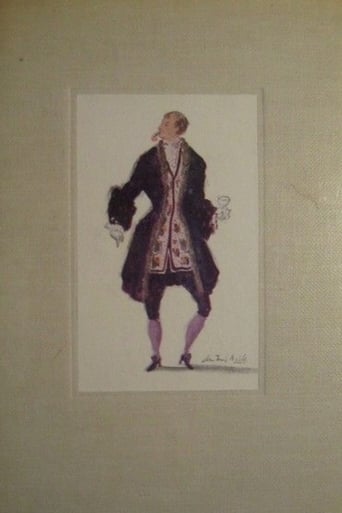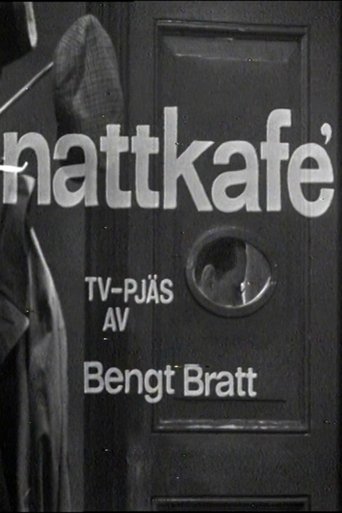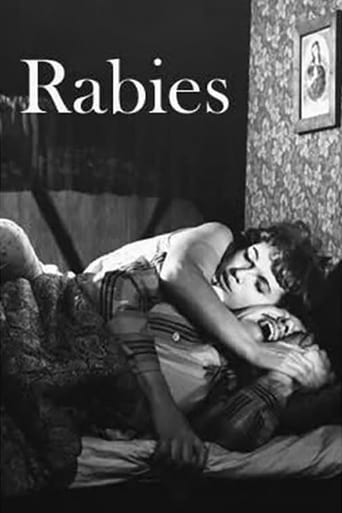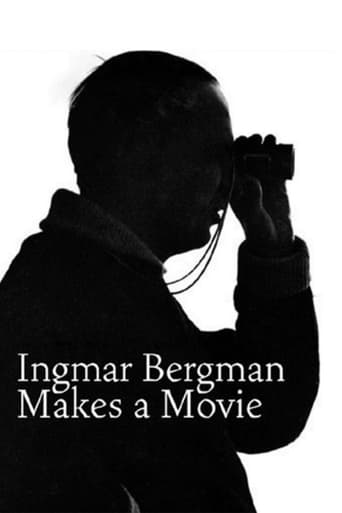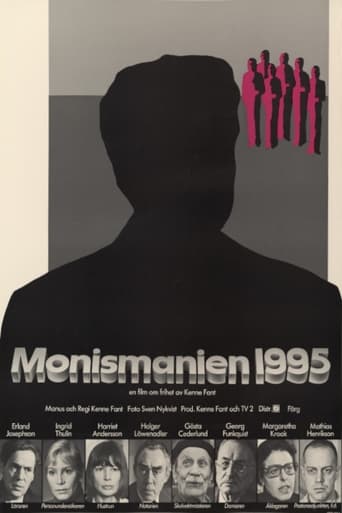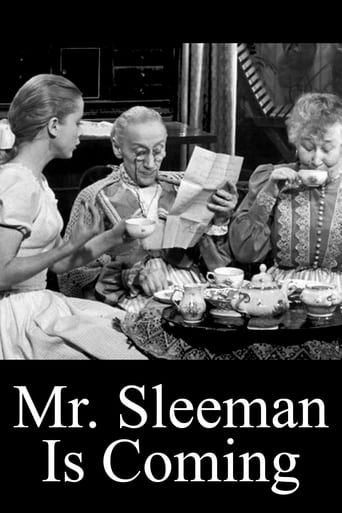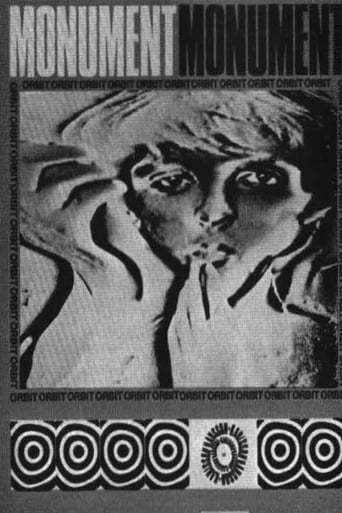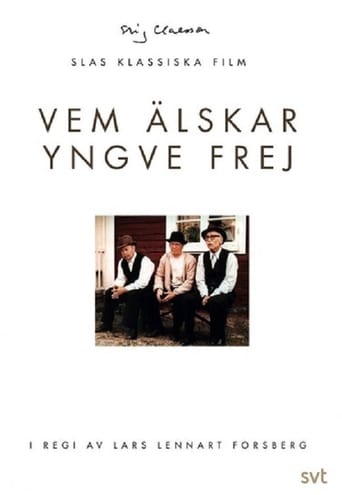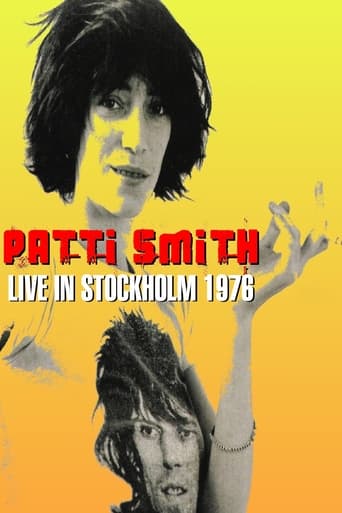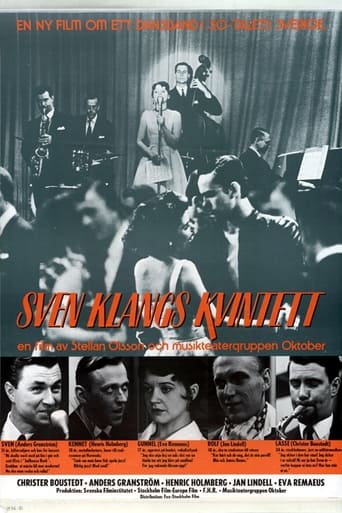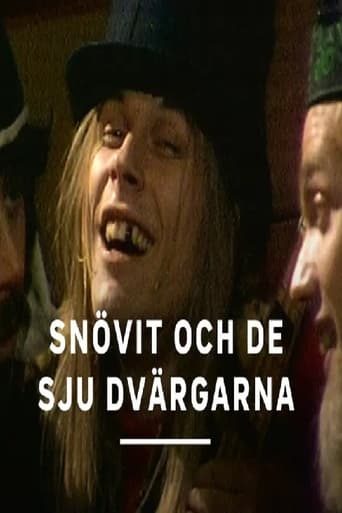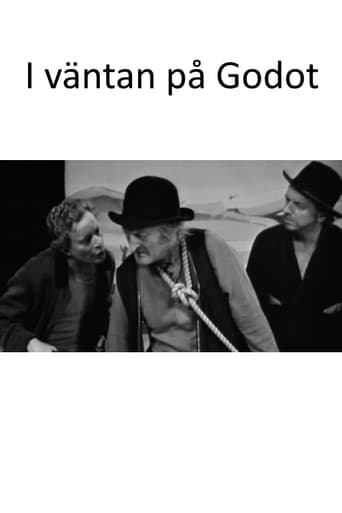Shall We Go to My Place or Your Place or Each Go Home Alone? 1973
Arne, Calle, and Gunnar are friends, probably in their twenties. One telephones the others, and they decide to visit a nightclub. They hope to meet women and have sex. After they arrive at the club, each man meets with a certain degree of success or failure. Calle particularly is frustrated, for no woman agrees to dance with him. Meanwhile, Arne and Gunnar are busily conversing with women. Eventually the friends all leave with lady friends in tow, and spend the night in various apartments. In the morning, the couples depart differently. One couple has bonded amicably, another tenuously, and the third not at all. The next day, the men reconnect, and decide to try their luck again. Written by veloc
